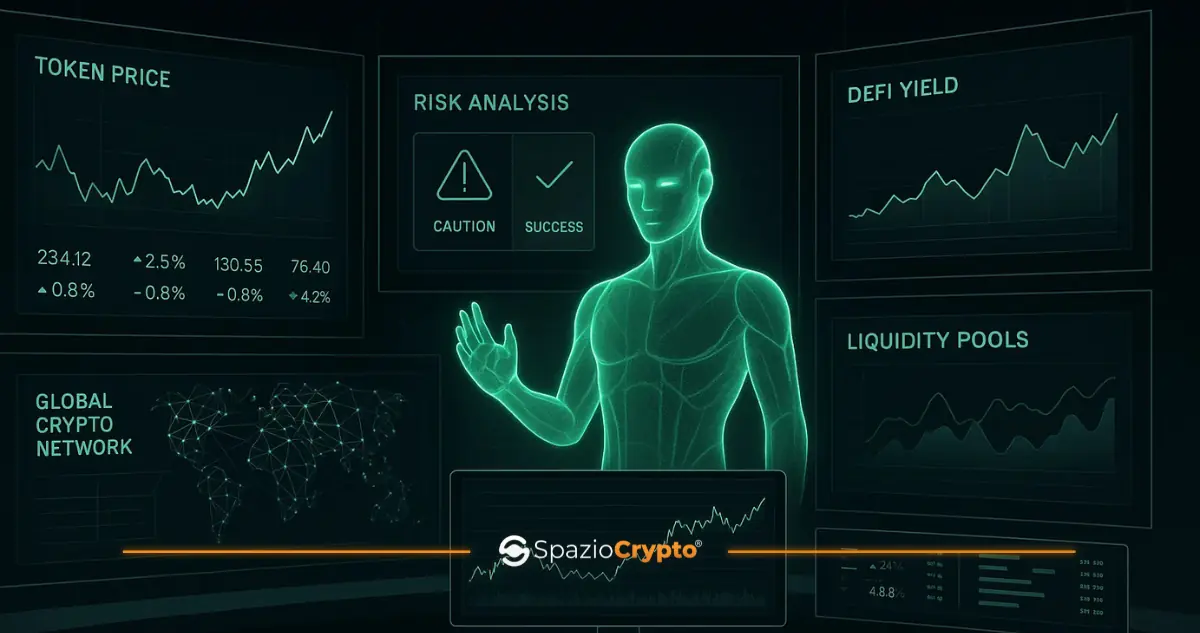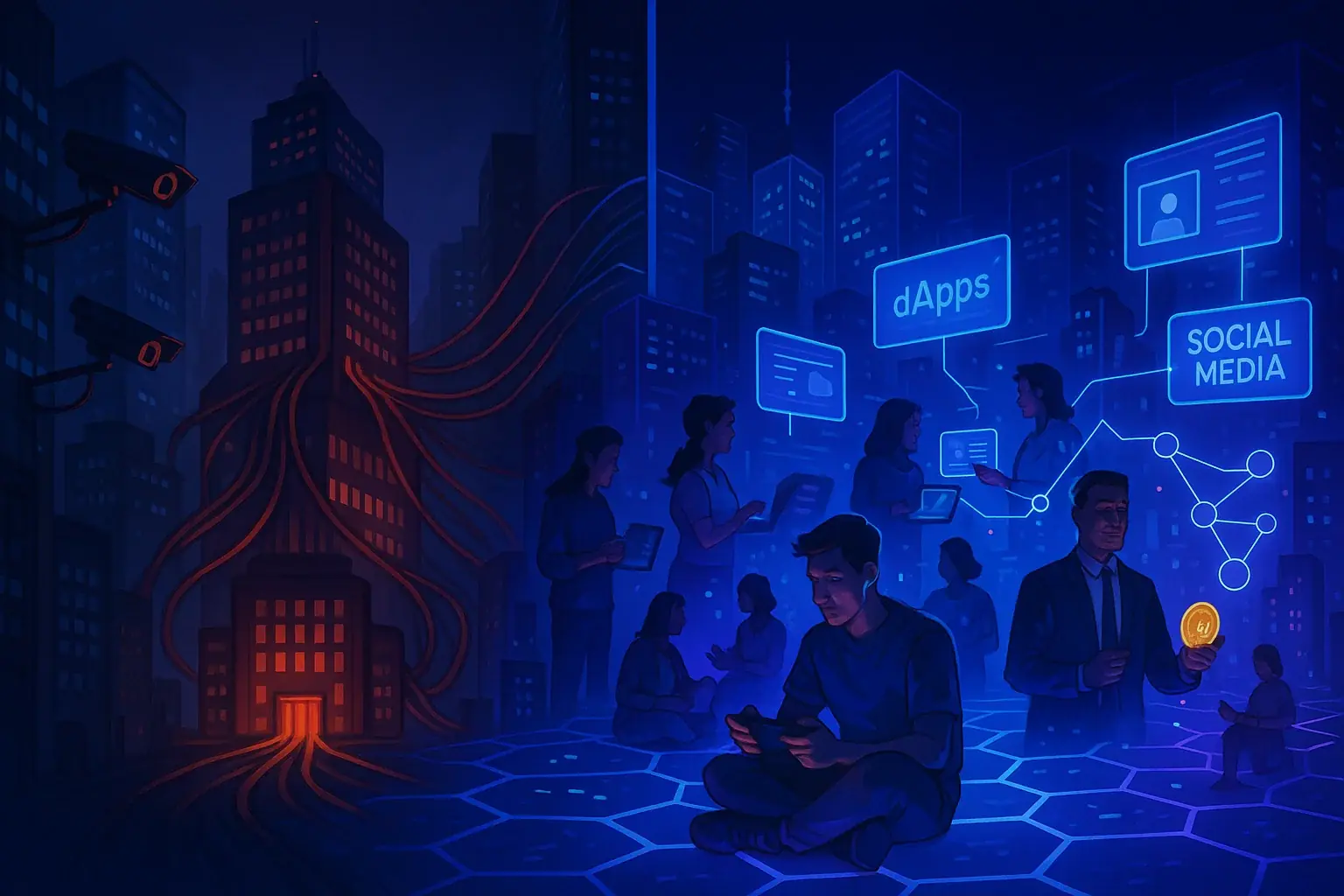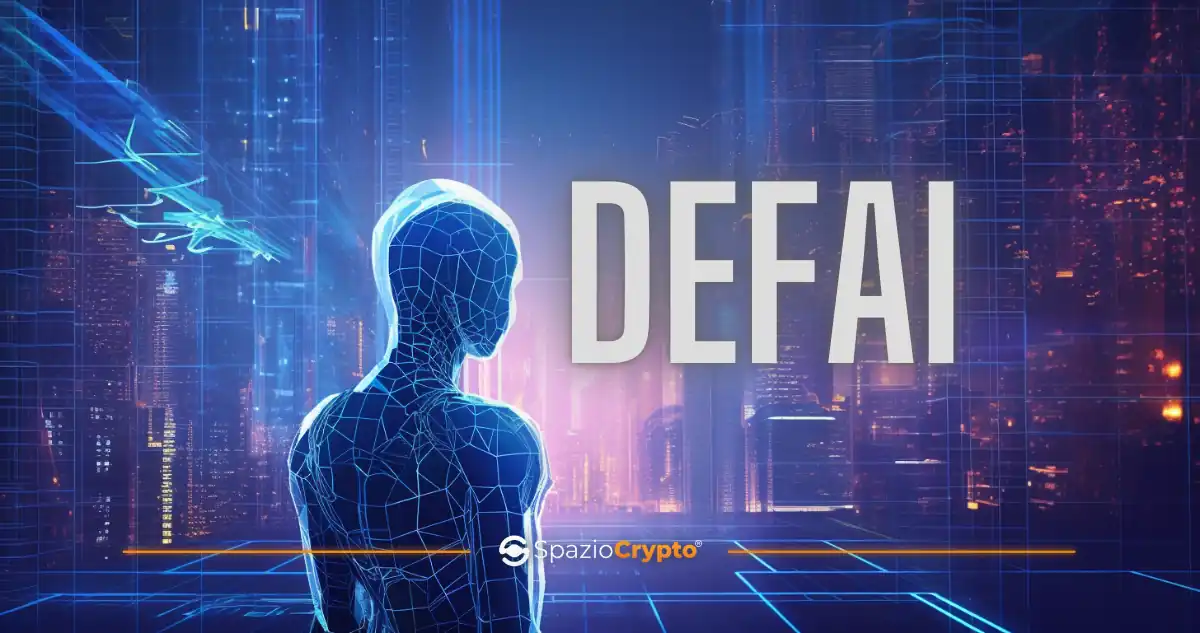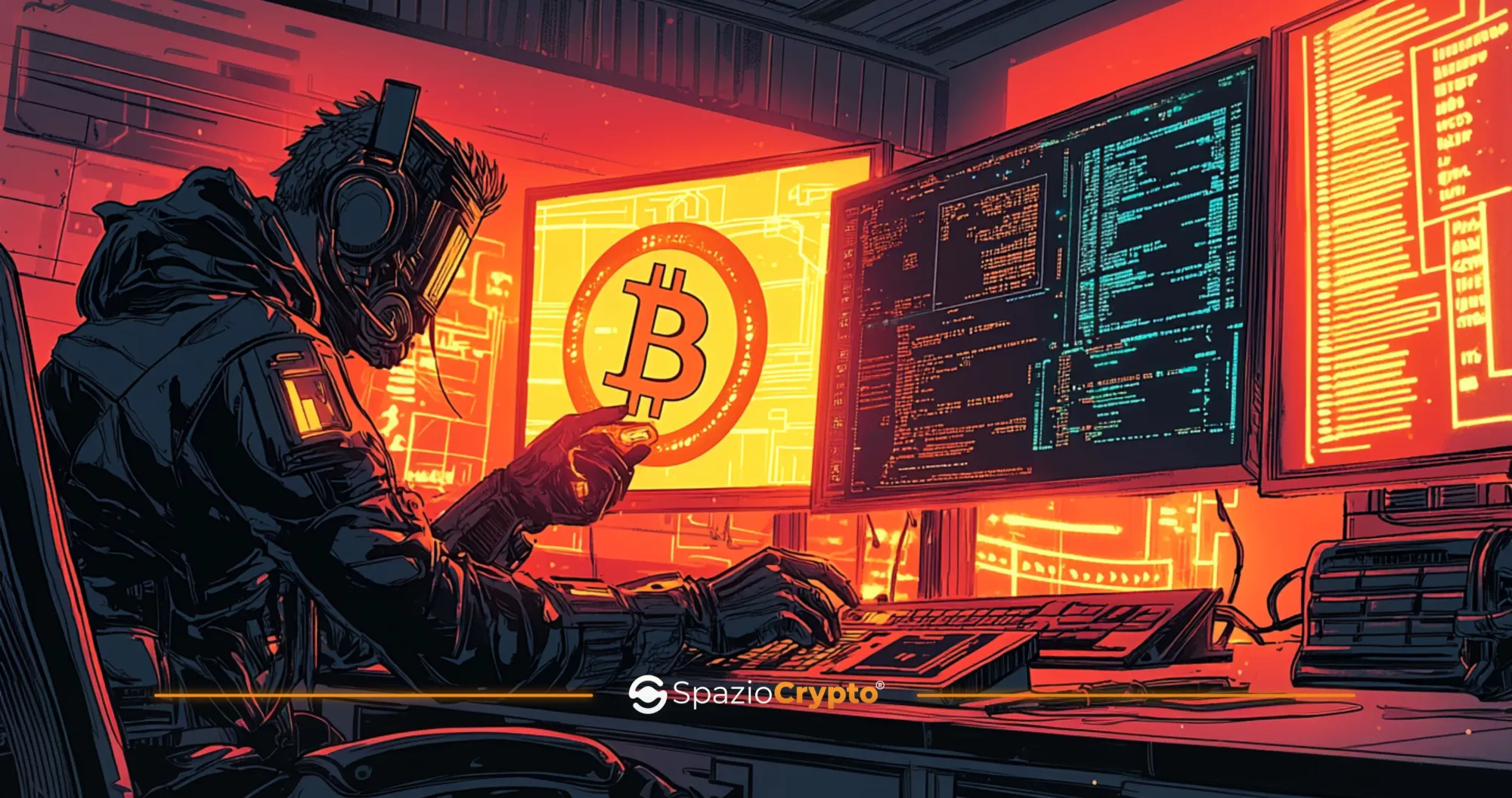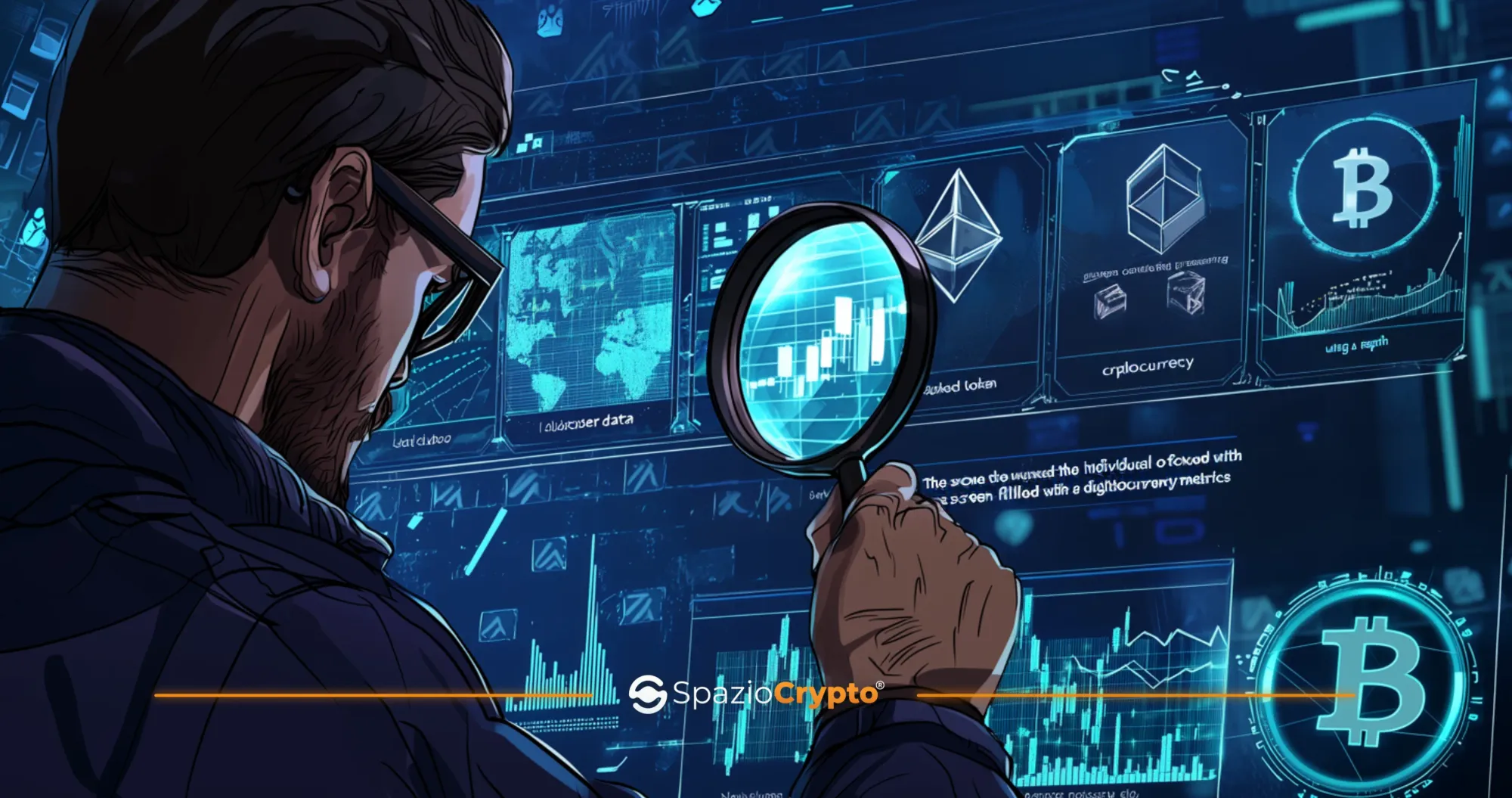The world of cryptocurrencies and blockchain technologies is developing rapidly, opening up more and more opportunities for process automation, decentralisation and increased efficiency in digital systems. A major trend in recent years has been the introduction of artificial intelligence (AI) agents into the crypto ecosystem. These intelligent entities, acting autonomously, are changing the landscape of DeFi, asset management, security and user interaction.
Who are AI agents?
An AI agent is a software entity capable of sensing the environment, analysing data, making decisions and performing actions without constant human intervention. In the crypto context, it can be a bot, a smart contract with an AI module, an assistant on an exchange, a trading algorithm or a DAO (decentralised autonomous organisation) management system.
Unlike simple algorithms, AI agents have the ability to self-learn, adapt and think in a predictive manner. This makes them particularly valuable in a fast-paced and volatile crypto market, where unpredictability is the order of the day.
Key Applications of AI Agents in Crypto
Artificial Intelligence (AI) is rapidly changing the face of the crypto industry, opening up new horizons of automation and efficiency. Intelligent agents, autonomous systems that can make decisions, learn and interact with the digital environment without human intervention, play a particularly important role in this process. In the context of cryptocurrencies and blockchain technologies, such agents are becoming an integral part of trading strategies, asset management, security and even the functioning of decentralised organisations. Their ability to analyse large amounts of data in real time enables more accurate decisions and a reduction in risk.
Let's examine the key areas of application of AI agents in crypto.
- Automated trading and arbitrage
The most common application of AI in crypto is automated trading. Agents analyse dozens of exchanges, orders, news and social signals, making decisions in real time. They can arbitrage between platforms, exploiting the slightest differences in token prices.
These agents often outperform human traders in speed and accuracy. However, their effectiveness depends on the quality of the training set, the model and the connection to the exchange's API.
- DeFi portfolio management
AI agents are increasingly used in DeFi asset management applications. They can analyse farming profitability, suggest optimal strategies, balance liquidity and automatically move funds between pools depending on risk and profitability. This is particularly useful for users without in-depth knowledge of decentralised finance. - Fraud Detection and Security
AI can identify suspicious activity on the blockchain, anomalies in transaction patterns and potential hacking attempts. Some AI systems monitor DeFi protocols in real time, preventing exploits, phishing and flash loan attacks.
AI agents analyse user behaviour and the structure of smart contracts, comparing the data with previous hacks to form a 'risk score'. This reduces the probability of losing funds.
- Automation of DAO management
AI agents are beginning to perform management functions in DAOs, helping to make data-driven decisions. They analyse proposals, take into account the preferences of community members, voting history and propose the most effective strategies for organisational development.
Thus, AI introduces an element of rationality into collective management, where previously the emotional and subjective component dominated.
- Next-generation user support and interfaces
AI agents act as assistants on platforms from exchanges to NFT marketplaces. They help users navigate, provide analysis, warn of risks and suggest how to use services. This lowers the threshold of entry and makes the crypto ecosystem more accessible to newbies.
Advantages of implementing AI agents
- Speed and scalability: AI agents operate relentlessly, analysing and processing huge amounts of information in a fraction of a second.
- Reducing errors: algorithms minimise human error and increase the accuracy of operations.
- Saving time and resources: automation reduces the need for manual labour and lowers costs.
- Data-driven decisions: AI takes into account historical data, forecasts and current trends to propose informed decisions.
Potential Risks and Challenges
Despite the benefits, the introduction of AI agents into the crypto space also brings with it some threats:
- Black boxes: many AI models operate as "black boxes", making it difficult to understand why they made a particular decision.
- Manipulation and abuse: hackers can create malicious AI agents to attack systems or manipulate markets.
- Ethical and legal aspects: who is responsible for the actions of an autonomous agent in a decentralised environment?
- Technical limitations: some blockchains are not suitable for complex calculations, and external (off-chain) solutions must be used, which adds vulnerabilities.
The future: autonomous crypto systems?
Many experts believe that in the future AI agents will be able to interact with each other without human intervention. For example, one agent will be able to provide liquidity, another will be able to use it for arbitrage, and a third will be able to invest profits in NFTs. All this without direct owner intervention.
In addition, fully autonomous AI and blockchain-based crypto funds may emerge in the future. They will be able to raise investments, redistribute capital, provide reports and even vote in DAOs - automatically.
The direction of "AGI" (Artificial General Intelligence) is also developing, and if it can be implemented in the crypto environment, entities capable of real thinking, strategic decision-making and adaptation to conditions of complete uncertainty will emerge.
Conclusion
The integration of AI agents in the crypto space represents a logical and necessary step in the evolution of digital technologies. Today, these systems are already changing approaches to trading, asset management, security and interaction with decentralised organisations.
However, in order to realise the full potential of AI in crypto, related issues need to be resolved - from regulation to transparency to ethical standards. Only then will it be possible to create a safe and effective environment in which humans and machines cooperate on an equal footing.
AI in crypto is not a replacement for humans, but an enhancement of them. And perhaps it is in this symbiosis that the formula for the next technological revolution lies.


